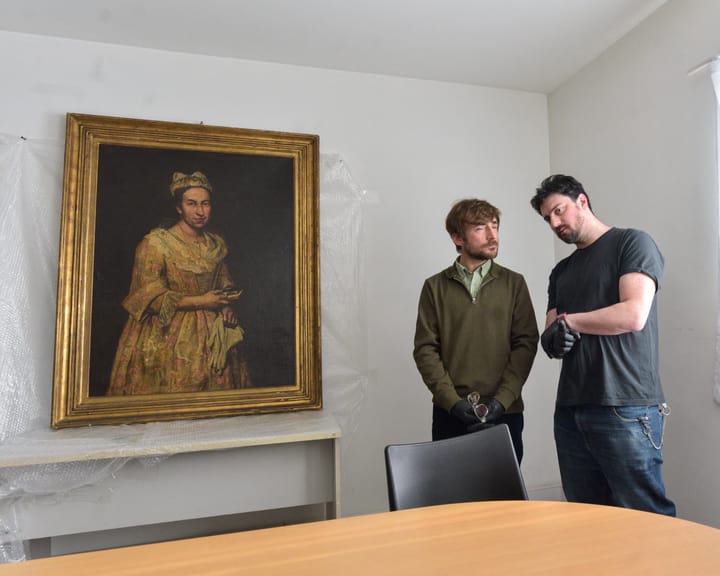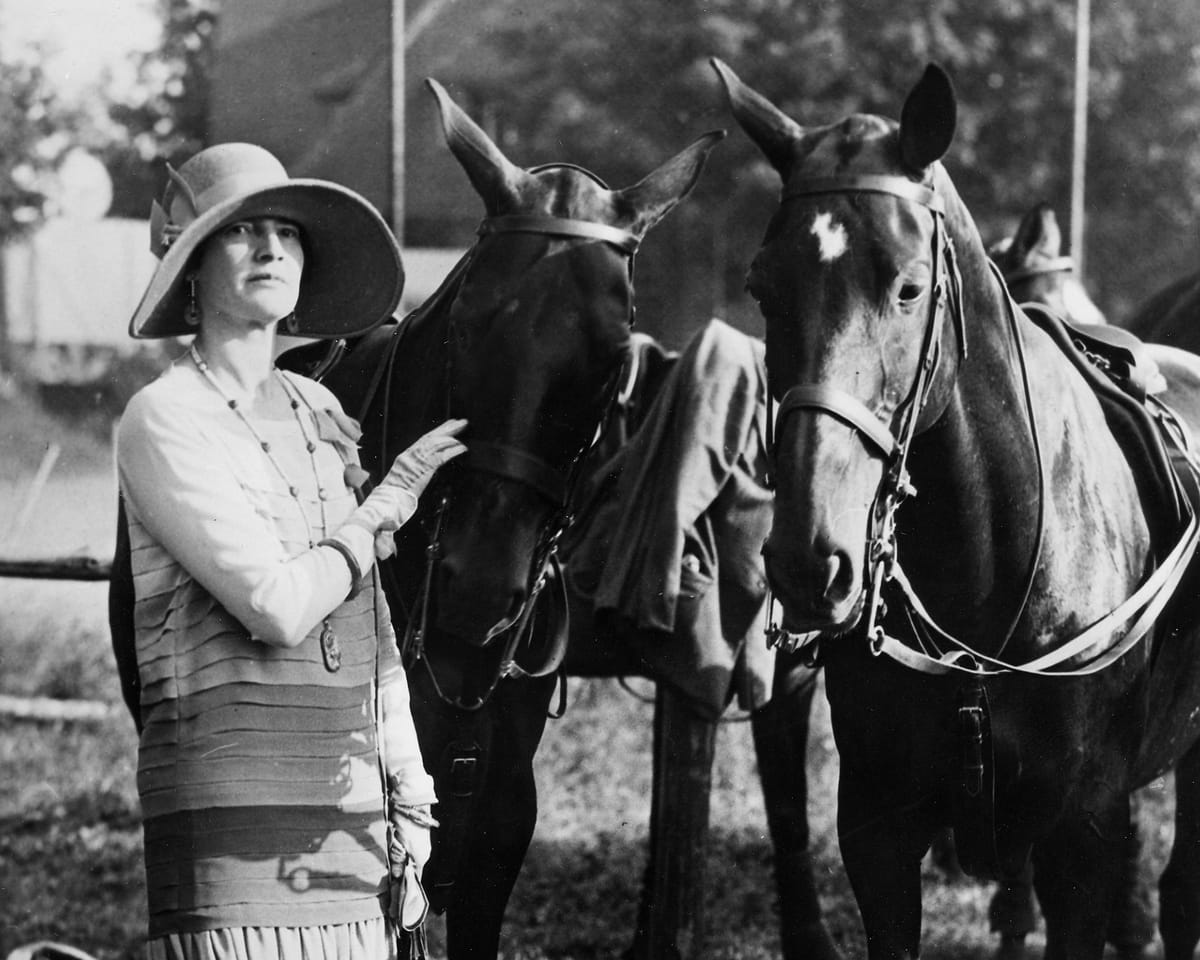Resistance in the Shadows: Germans Who Defied the Nazis
Growing up, our home had a steadfast rule: nothing German was permitted. No appliances from German manufacturers in the kitchen, no cars from German automakers in the driveway. The decree came from my mother. She was not a survivor of the Holocaust, but the horrors of that time had brushed too close—on 27 March 1945, when she was just eight years old, her mother was killed by the last German V-2 rocket to strike London. The blast destroyed part of the East End, claiming 134 lives, nearly all of them Jewish. The aftermath of that explosion would shape the rest of my mother’s life—and much of mine.
She understood, of course, that the bomb had not specifically targeted Hughes Mansions. But knowing the Nazis’ intent to eradicate Europe’s Jews, she also recognized how they would have reveled in the cruel coincidence that their final strike added 120 Jewish deaths to a toll that would reach six million. And so, the rule stood: no connection to Germany would be allowed—no travel, no contact. In her eyes, Germans were collectively responsible for the century’s gravest crime.
Other Jewish families I knew held similar views, though few were as unwavering as my mother. Yet while her stance may have been uncommon, the sentiment behind it was not. Beyond the Jewish community, many believed—and perhaps still do—that Adolf Hitler had found near-universal complicity among the German people.
Resistance movements in France and elsewhere are well-documented, but dissent within Germany itself is often overlooked. It’s easy to assume that opposition was crushed the moment the Nazis took power in 1933—that the fate of dissidents followed the grim pattern: First they came for the communists…
But that isn’t entirely accurate. From the beginning, there were Germans who resisted. After the war, an allied investigator estimated that three million Germans had been imprisoned in jails or concentration camps during the Nazi regime, many punished simply for speaking out.
In 1933, Germany had 67.7 million citizens. The vast majority—over 95%, including children—complied. They saluted and echoed the required slogans. But not all of them did.
What drives someone to defy authority when conformity is so much safer? What strength does it take to refuse when the cost could be imprisonment, suffering, or death?
Anyone who has stood against oppression knows the answer lies in a courage few are forced to discover. Those who resisted, even quietly, refused to let fear dictate their actions. Their stories, though less known, are a reminder that even in the darkest times, defiance can flicker in the shadows.
Read next

"TikTok star highlights political power of South Africa's unsung culinary treasures"
Solly’s Corner, a popular eatery in downtown Johannesburg, was busy. Pieces of hake and crisp fries crackled in the fryer, green chillies were chopped, and generous amounts of homemade sauce were spread onto filled sandwiches.
Broadcaster and food enthusiast Nick Hamman stepped behind the counter, where Yoonas and Mohammed

Nazi-looted 18th-century portrait found in Argentina after 80 years
There was nothing particularly unusual about the middle-aged couple living in the low, stone-covered villa on Calle Padre Cardiel, a quiet street in the tree-lined Parque Luro neighborhood of Mar del Plata, Argentina’s most well-known coastal city.
Patricia Kadgien, 58, was originally from Buenos Aires, roughly five hours north.

Missing British tourist confirmed dead after body found on Greek island
A body discovered on a remote Greek island has been confirmed as that of Michele Bourda, the British tourist who vanished from a beach over a month ago.
Greece’s coastguard verified that the 59-year-old, whose disappearance led to an extensive search, had been found on the islet of Fidonisi

